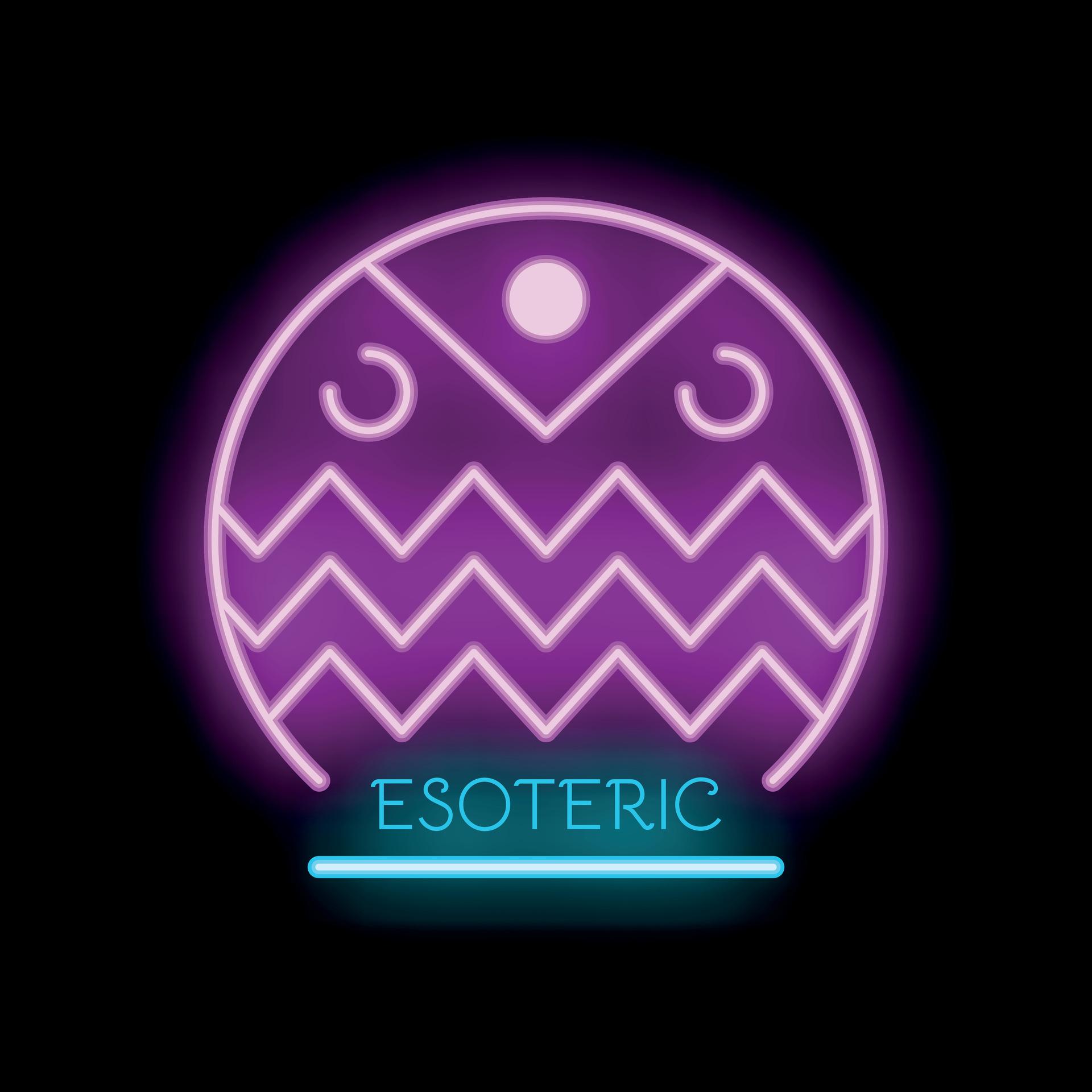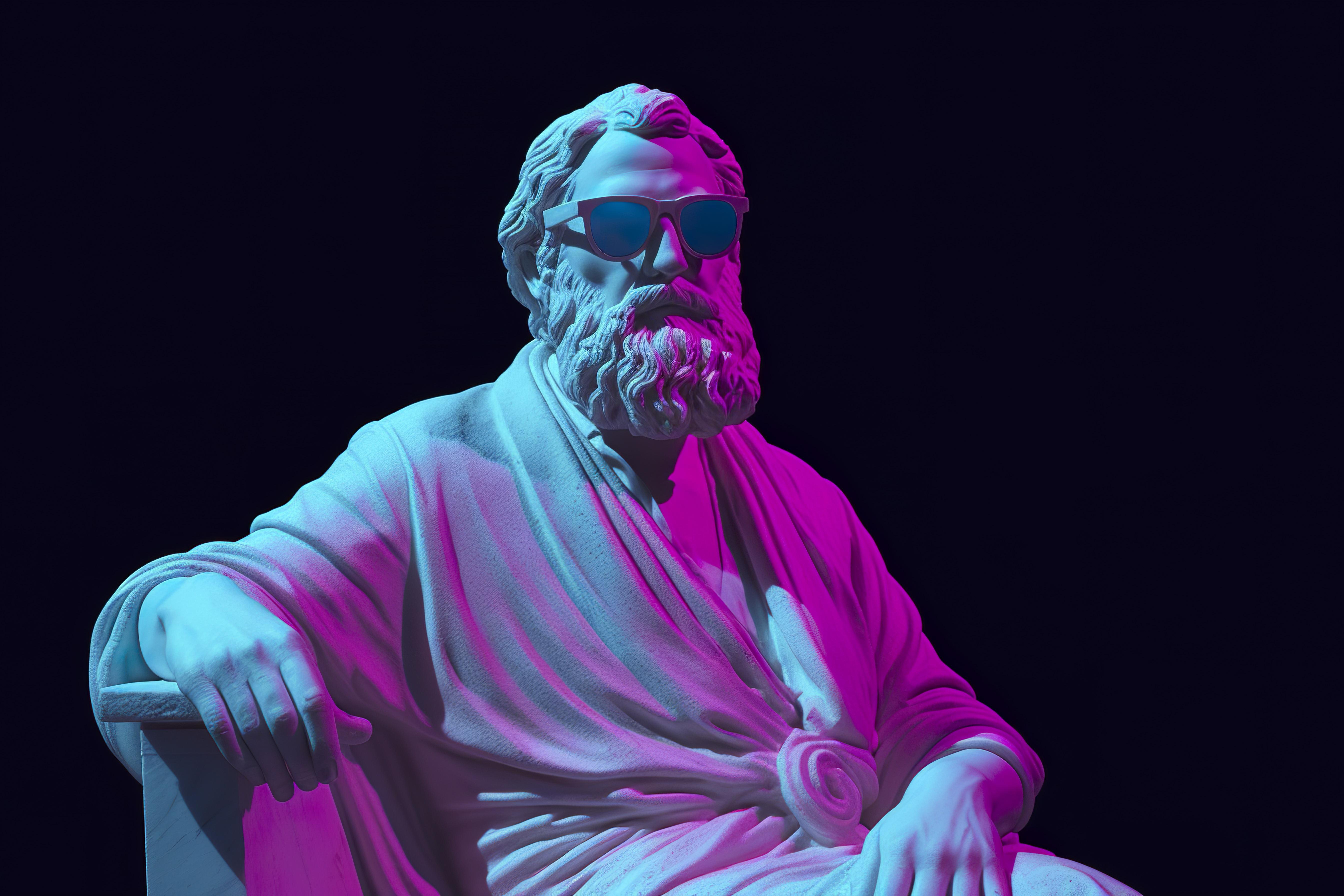Knorr von Rosenrot
Christian Knorr von Rosenroth (1636–1689) was a German philosophical theologian, Kabbalist, and translator who, through his work "Kabbalah Denudata" (1677–1684), exerted a significant influence on Western Kabbalah and Christian mysticism. He was a prominent representative of Christian Kabbalah in the 17th century and attempted to reconcile Jewish Kabbalah with Christian ideas.
Life and Background:
Knorr von Rosenroth was born in Zobten (now in Poland) into a noble family. He taught at various German universities and was deeply interested in theology, philosophy, and Kabbalah. During his studies and research, he came into contact with the mystical tradition of Kabbalah, which he viewed as a profound knowledge of the divine order and creation.
Work: "Kabbalah Denudata"
His most important work, "Kabbalah Denudata" (Latin for "Kabbalah Unwrapped"), appeared in two parts (1677 and 1684) and became a key work of Christian Kabbalah. It consists of translations and commentaries on Jewish Kabbalistic writings, with Knorr von Rosenroth attempting to interpret them from a Christian perspective. The goal was to present Kabbalah as a system of divine wisdom containing deeper truths about God and the universe that could also enrich Christianity.
Contents of "Kabbalah Denudata":
Translations and Commentaries:
Knorr von Rosenroth translated writings from the Zohar, one of the central works of Kabbalah, and other Jewish texts into Latin. These translations made Kabbalah accessible to a broad European audience.
He commented on Kabbalistic teachings and attempted to reconcile them with Christian dogmatic doctrines. He was convinced that Kabbalah contained hidden Christian truths about Christ and the divine order.
Christian Kabbalah:
Knorr von Rosenroth viewed Kabbalah not merely as Jewish mysticism, but as a universal wisdom containing deeper metaphysical truths about God, the universe, and humanity. He believed Kabbalah was a tool to deepen and expand Christian theology.
He attempted to connect Kabbalah with the Christian doctrine of the Trinity and the idea of salvation. He placed particular emphasis on the idea that divine light is hidden in creation and that humanity can access this light through mystical knowledge.
Significance and Influence:
Knorr von Rosenroth had a profound influence on the development of Western esotericism and Christian Kabbalah. His work was one of the first comprehensive attempts to integrate Jewish Kabbalah into Western traditions of thought. It influenced mystical thinkers and occultists such as Eliphas Lévi, Johann Georg Gichtel, and Carl Gustav Jung, who studied and developed his writings.
His work also had a profound impact on the Hermetic Tradition and Theosophy, as it understood Kabbalah as a universal system of wisdom and divine knowledge. Furthermore, his translations contributed to Kabbalah's popularity in the Western world and made it a central component of spiritual practice for many Western esotericists.
Criticism and Problematic Aspects:
Despite its importance, "Kabbalah Denudata" is problematic from a Jewish perspective because Knorr von Rosenroth deconstructed Kabbalistic writings from a Christian perspective and frequently reinterpreted them to align them with Christian dogma. This was viewed as a corruption or misuse of the original Jewish teachings. For many Kabbalists and Jewish scholars, this represented an inappropriate appropriation and distortion of the Kabbalistic tradition.
Conclusion:
Christian Knorr von Rosenroth was a central figure in the development of Christian Kabbalah and played a significant role in introducing Jewish Kabbalah to Western esotericism. Through his translations and commentaries, he opened access to the mystical teachings of Kabbalah for many Western thinkers. Nevertheless, due to his Christian perspective and interpretation of the Kabbalistic writings, his work remains a controversial topic even today, particularly with regard to the authenticity and possible distortions of the original Jewish teachings.
Links:
Free Reading: Tarot, Astrology and Numerology!




